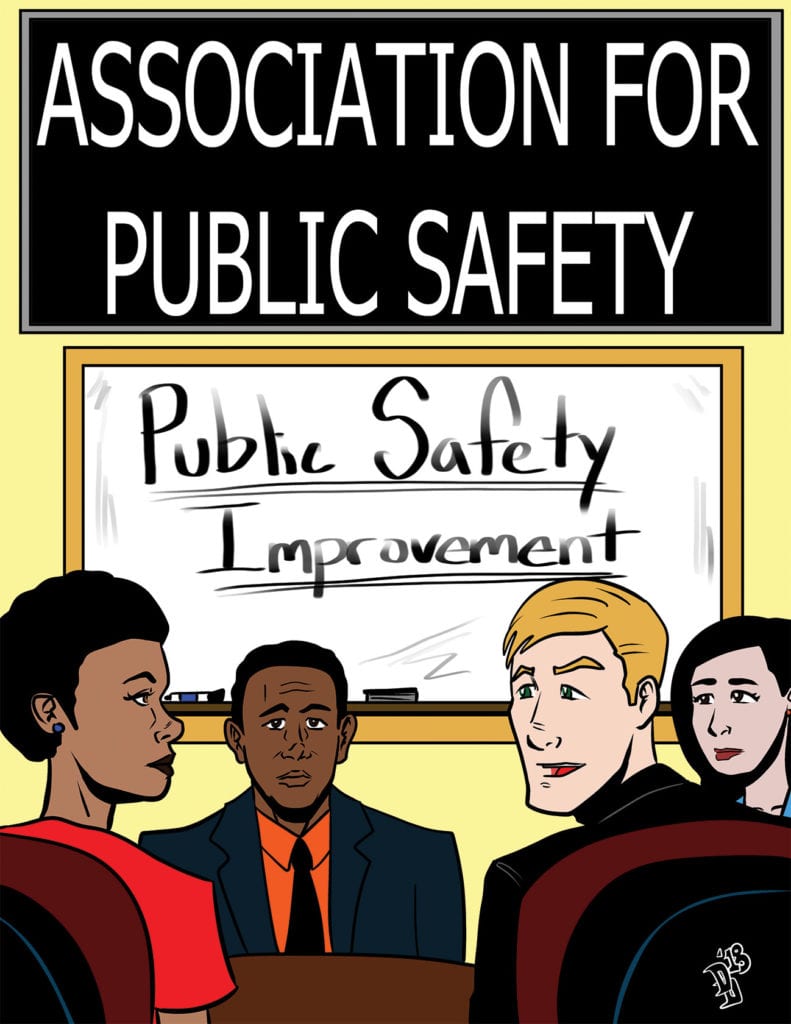
Now is the best time for activists to increase efforts to change the culture of the police. Last week a jury in Dallas County Texas convicted a police officer for killing a 15-year-old unarmed black boy, and they sentenced former officer Roy Oliver to 15 years in prison. In Massachusetts the state police are under federal investigation for fraud. Audits have disclosed that the police have been paid for overtime they did not perform. These circumstances create an opportunity to change the rules of the game.
Several circumstances in the Texas case augur the possibility of new limitations on police conduct. Rarely do juries convict police in uniform who fire their weapons in the course of their duties. In this case the police were called to control a teenage party where the underage use of alcohol was suspected. When a car load of teens raced away from the police, Oliver fired and killed high school freshman Jordan Edwards.
In similar circumstances the police killed Michael Brown, Tamir Rice, Philandro Castile and others and they walked away from the court house. But this time in Dallas County Texas, 12 jurors — 10 white and two black — found the policeman guilty of murder. Another boon from this trial was that Oliver was not granted the traditional discretion to determine whether he had to shoot to alleviate the danger. His body camera and the dashcam both indicated that there was no danger. Also, the visual evidence from the cameras made it inadvisable for his partner to lie and assert that he was in danger.
Police miscreants depend upon the support, including false testimony, of their fellows in blue. When in a dangerous situation, police officers have to depend on their fellows to get their back. This mutual reliance helps to develop the camaraderie of those in blue.
Recent investigations of the 2,200 person state police force has uncovered a massive scandal. Troopers have been able to take $100,000 or more per year for overtime and paid details. However, investigation has found that taking the funds without performing the required work amounts to embezzlement. When confronted with the disparity, several troopers have chosen to resign from the force.
State lawmakers have empowered the Internal Special Audit Unit to establish review of state police finances. It is expected that this auditing procedure will increase the risk to officers that are accepting fraudulent police paychecks. A similar review of the salaries of Boston police officers also raises questions of whether there are a sufficient number of hours in the day to incur the stated overtime and paid details.
The police have been astute in preserving their preferred political status. Consequently, it will not be easy to open for examination the legitimacy of incomes paid to the police. Even if the rules are fastidiously followed, it seems inappropriate to pay a Boston police officer more than a four star army general.
No change will occur without a demand from the people.






